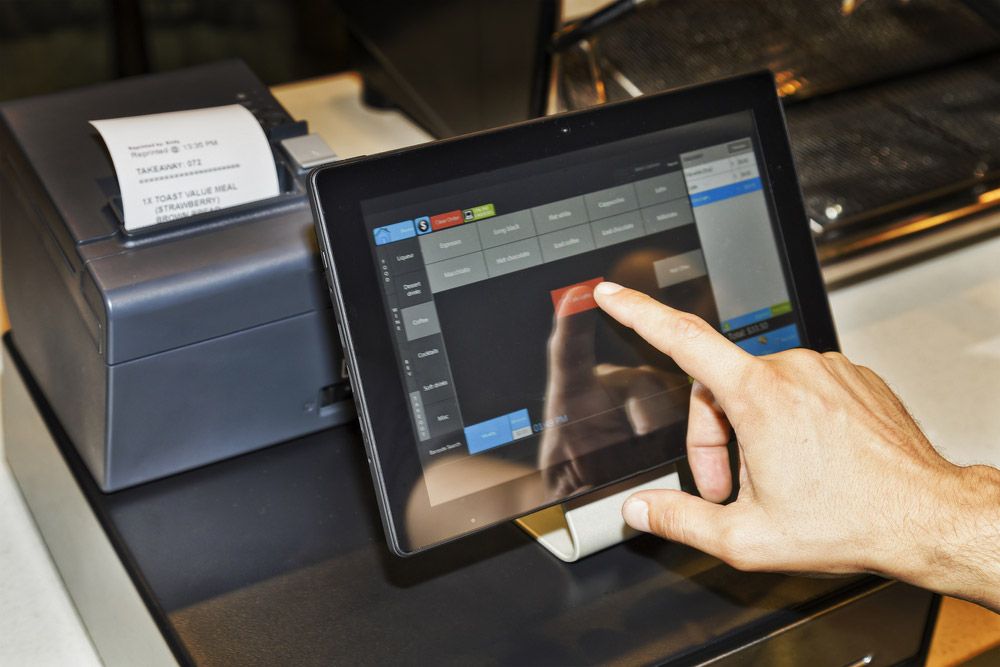How to Use POS Systems to Manage Bulk Purchases

In the modern retail and wholesale landscape, efficiently managing bulk purchases is vital for businesses that handle large quantities of goods. Point of Sale (POS) systems have evolved beyond simple transaction processing tools to become comprehensive management systems. Here’s how you can leverage a POS system to streamline and enhance the management of bulk purchases.
Setting Up Bulk Pricing
One of the first steps in using a POS system to manage bulk purchases is configuring bulk pricing. This involves:
- Defining Bulk Pricing Rules: Establish specific pricing rules for bulk purchases within the POS system. For example, if buying 100 units of an item warrants a discount, the system should automatically apply this pricing when the threshold is met.
- Tiered Pricing: Create multiple pricing tiers to offer varying discounts based on the quantity purchased. For instance, purchasing 100, 200, or 500 units can each have different discount rates.
This functionality not only simplifies the pricing process but also ensures consistency and accuracy, enhancing customer satisfaction and loyalty.
Automated Inventory Management
Managing inventory manually can be challenging, especially with bulk purchases. A POS system can automate inventory updates and management:
- Real-Time Inventory Updates: Each bulk purchase transaction should automatically adjust inventory levels. This ensures that stock counts are always accurate, preventing overstocking or stockouts.
- Stock Alerts: Set up low stock alerts within the POS system to notify you when inventory reaches a predefined threshold. This proactive approach helps maintain optimal inventory levels.
Automated inventory management reduces the risk of human error, saves time, and provides a clear picture of stock levels at any given moment.
Streamlined Ordering Process
A seamless ordering process is crucial for managing bulk purchases efficiently:
- Purchase Orders (POs): Use the POS system to generate purchase orders directly when bulk orders are placed. This feature streamlines the ordering process, reduces manual entry errors, and ensures that all necessary information is captured.
- Supplier Integration: Integrate your POS system with supplier platforms to automate order placements and confirmations. This connectivity can speed up the procurement process and enhance accuracy.
An efficient ordering process ensures that bulk purchases are handled smoothly, minimizing delays and disruptions.
Also read: The Importance of Customer Support in POS Systems
Efficient Checkout Process
Handling bulk purchases at the point of sale can be time-consuming. POS systems can streamline this:
- Barcode Scanning: Utilize barcode scanning to speed up the checkout process. Scanning items ensures accuracy and quick processing, even with large quantities.
- Batch Processing: Enable batch processing features to handle multiple items simultaneously. This reduces the time taken to process each transaction and improves overall efficiency.
A fast and efficient checkout process enhances the customer experience and reduces waiting times.
Customer Management
Building strong relationships with bulk purchasers can drive repeat business:
- Bulk Buyer Profiles: Create detailed profiles for regular bulk buyers in the POS system. Track their purchase history, preferences, and contact information to provide personalized service.
- Loyalty Programs: Implement loyalty programs specifically for bulk purchasers. Reward them with discounts, special offers, or points that can be redeemed in future purchases.
Effective customer management helps in understanding and meeting the needs of bulk buyers, fostering long-term loyalty.
Reporting and Analytics
Analyzing bulk purchase data can provide valuable insights:
- Sales Reports: Generate detailed sales reports to identify trends in bulk purchases. Understand which products are popular and when bulk orders are typically placed.
- Cost Analysis: Use the POS system’s analytics to track the cost and profitability of bulk sales. This information can help you make informed decisions about pricing and inventory management.
Access to comprehensive reports and analytics allows for strategic planning and improved decision-making.
Compliance and Documentation
Maintaining accurate records for bulk purchases is crucial for compliance and operational efficiency:
- Accurate Record Keeping: Ensure all bulk purchases are recorded accurately in the POS system, creating a clear audit trail for compliance and tax purposes.
- Invoicing: Generate and manage invoices for bulk purchases directly through the POS system. This streamlines financial documentation and ensures accuracy.
Proper documentation and compliance management safeguard your business from legal and financial risks.
Staff Training
To maximize the benefits of your POS system, invest in staff training:
- User Training: Train your staff on how to handle bulk purchases using the POS system. Ensure they understand all relevant features and processes.
- Support Resources: Provide access to manuals, tutorials, and support resources to help staff troubleshoot issues independently.
Well-trained staff can operate the POS system efficiently, reducing errors and improving overall productivity.
Conclusion
Leveraging a POS system to manage bulk purchases can transform your business operations. From setting up bulk pricing and automating inventory management to streamlining the ordering process and enhancing customer relationships, a well-utilized POS system ensures efficiency, accuracy, and customer satisfaction. Investing in the right POS system and training your staff to use it effectively is a strategic move that can lead to significant improvements in your bulk purchase management.
Visit our site at www.dibtech.com.au
Visit our YouTube channel for tutorials Dibtech






